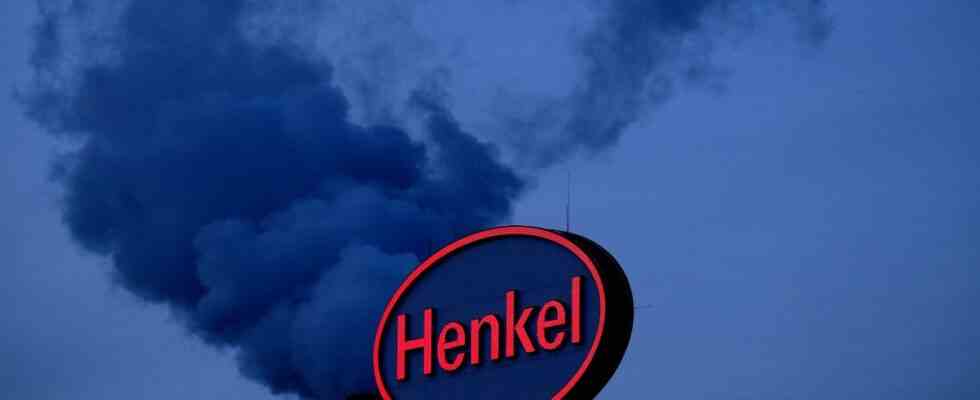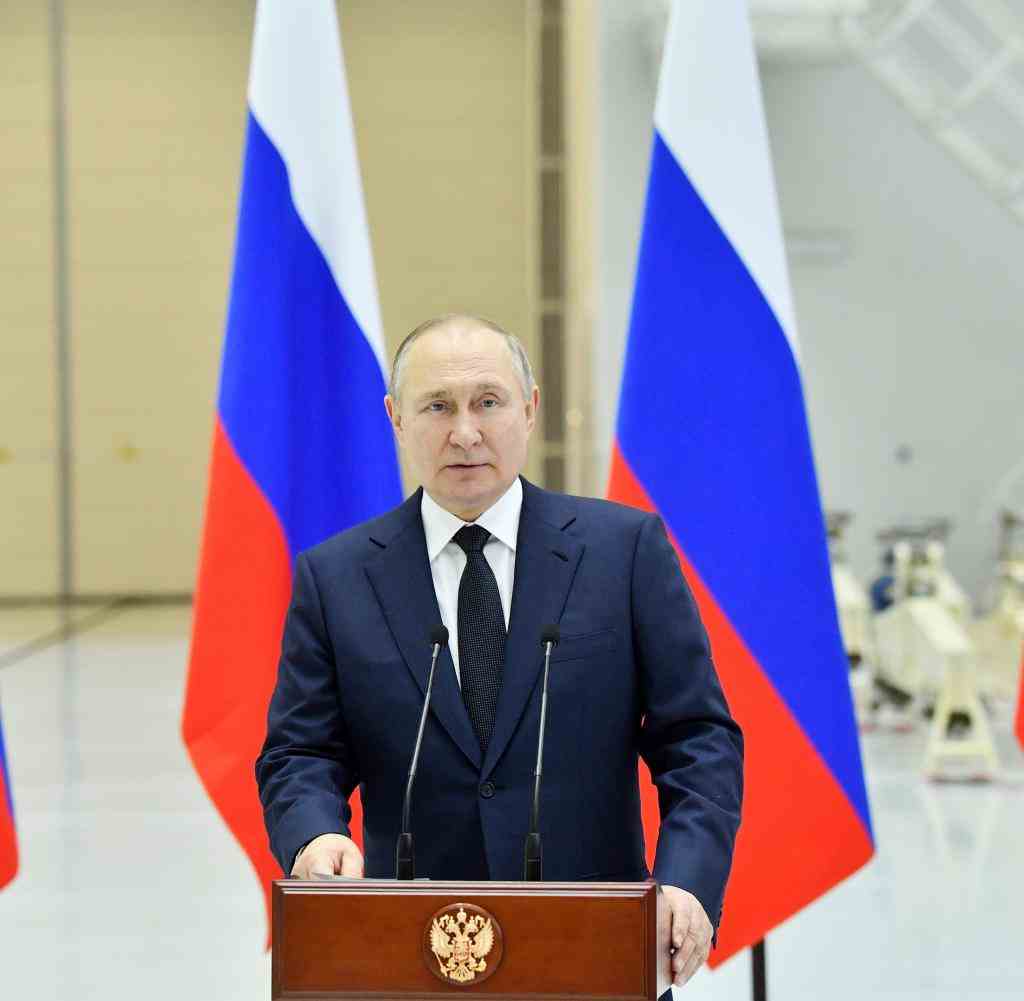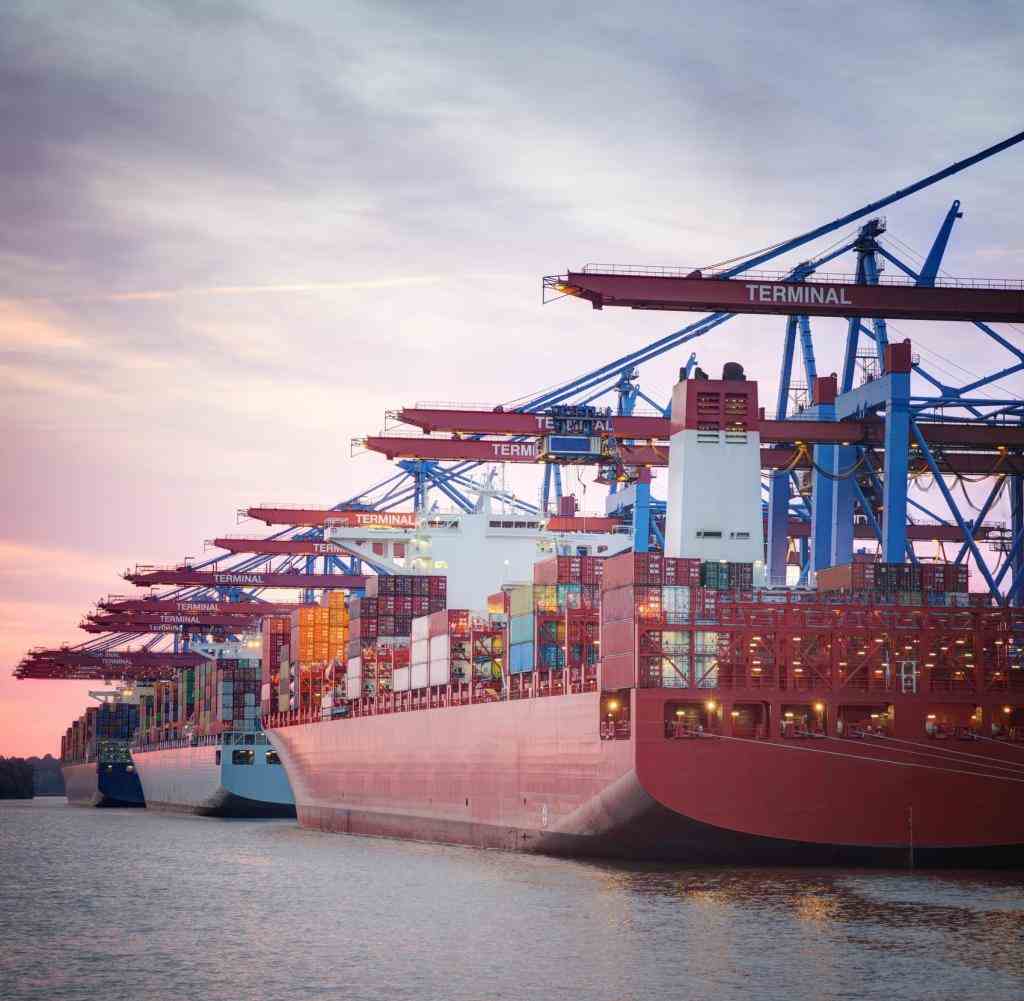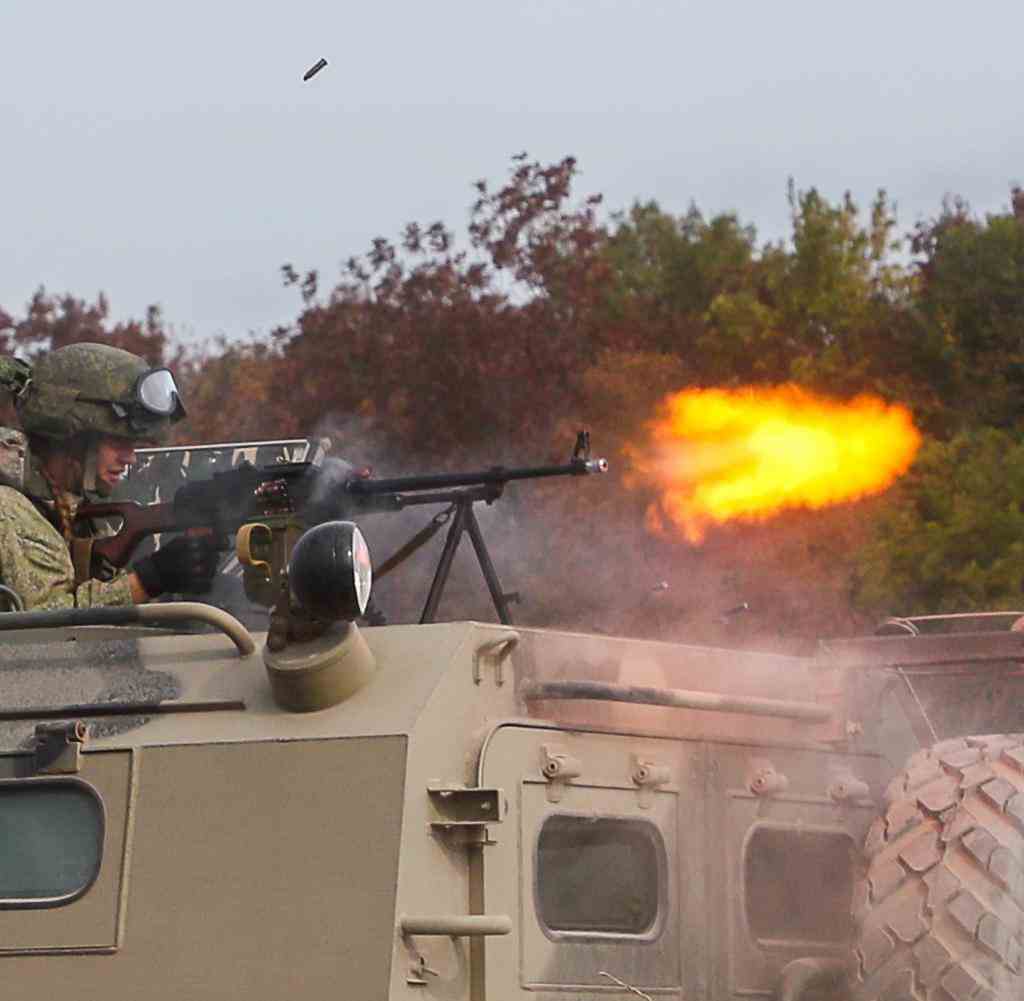Henkel and SAP end business in Russia – but there are still more Dax companies
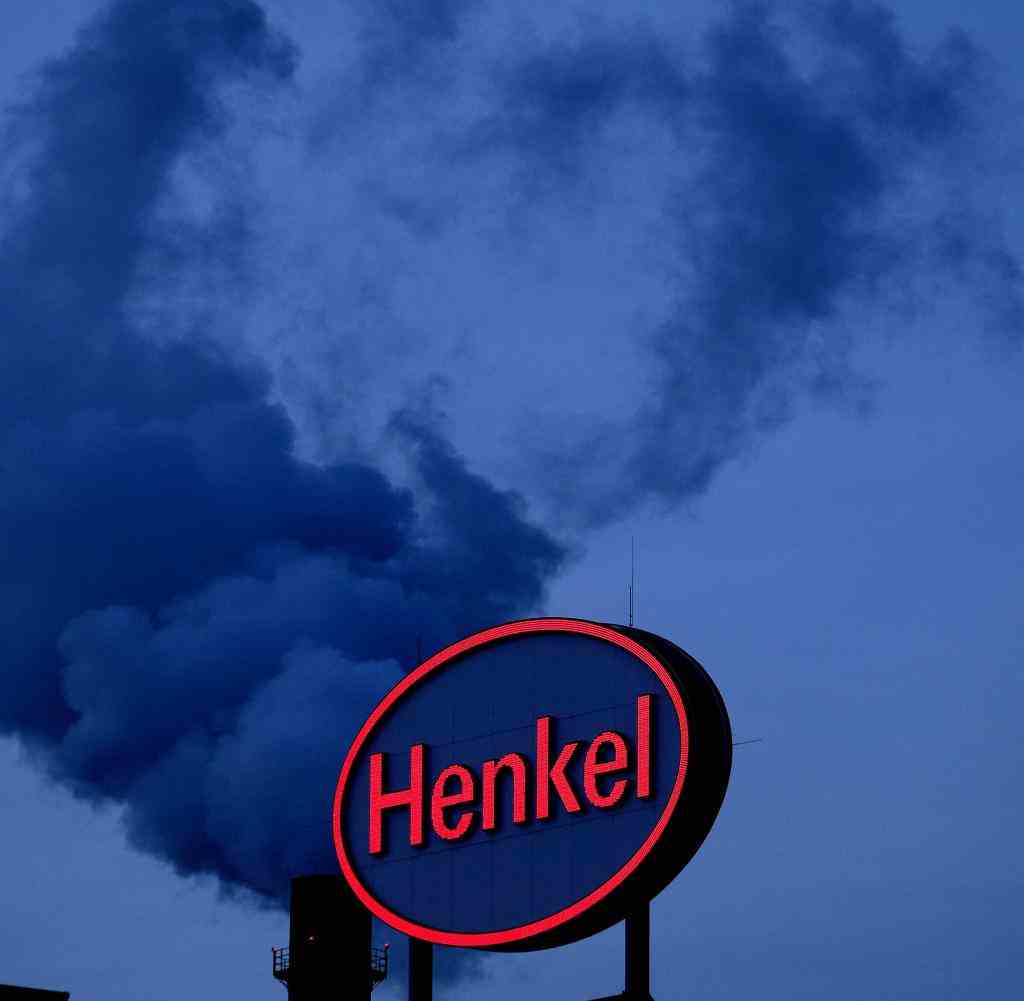
With a five percent share of sales, Henkel was more active in Russia than almost any other Dax group
Source: AFP/PATRIK STOLLARZ
Henkel had hesitated for a long time, fearing expropriation was great. But now the group is reacting to increasing criticism and is withdrawing from Russia. Shortly thereafter, SAP follows suit. This increases the pressure on the last remaining companies.
Back in 2015, the then Henkel boss, Kaspar Rorsted, was still swearing by “patience and loyalty.” At that time, the ruble crisis as a result of the occupation of Crimea was putting pressure on the business. At the time, Rorsted stoically promised that Henkel would use the experience gained from the previous economic crises in Russia to continue to exploit the growth opportunities in its fourth-largest market.
Now, seven years later, Rorsted’s successor, Carsten Knobel, is losing patience. He announced on Tuesday that he would completely stop doing business with Russia. The software company SAP joined just a few hours later. The Walldorfer announced the “orderly exit from a market in which we have been active for more than 30 years and have built up an excellent team”. The two Dax groups are thus following the example of other family-dominated companies such as Oetker and Tengelmann.
Above all handle the step is likely to be economically difficult. At the beginning of the war, Henkel boss Knobel had only announced that he would stop advertising and investments. With the tough decision, the manager is reacting to the increasing criticism of war atrocities. “We took into account the development of the war and the news from Ukraine, the current business environment, developments in international sanctions and corresponding feedback from our customers, partners or employees,” said a company spokesman.
Shortly before Easter, Knobel had already had to put up with critical questions at the general meeting. At that time, Knobel still argued that Henkel wanted to avoid possible expropriation by continuing to operate.
So the group did not take the most recent decision lightly. Because the cut will be severe: With a five percent share of sales, hardly any other Dax group was so dependent on business in Russia last year. The country has long been considered one of the Group’s most important growth areas.
Unlike the competitor Beiersdorf Henkel not only sells imported goods in the country. Henkel employs 2,500 people in eleven plants in Russia, who produce things like DIY items under the Ceresit brand. In recent years, Henkel has regularly reported investments in the sites. However, according to the company, the number of employees was 1000 higher just a few years ago.
According to the spokesman, it is still unclear how the farewell will take place. The most likely variant is probably the transfer to other owners. Tengelmann recently simply gave away its Obi hardware stores in the country. Oetker, on the other hand, handed over its bakery products factory to local management a few days ago – an idea that is also being played out for individual locations and brands at Henkel’s Düsseldorf headquarters.
Henkel active in Russia with Persil, Schwarzkopf and Kleber
The extent of the financial impact on Henkel is still unclear. The group is active in Russia with all three divisions – i.e. with detergent brands such as Persil, Schwarzkopf cosmetics and with adhesives. The stock was already a good two percent weaker on Monday.
At SAP, the withdrawal from Russia is also a technical challenge. After all, the software is used daily by many companies. Customers who have traditionally installed the SAP software locally should be able to continue using the purchased programs, the group explained. However, SAP is discontinuing the maintenance.
On the other hand, companies that use programs via the cloud – i.e. via SAP data centers – would be disconnected. You can either have your data deleted, download the data to your own data center or outsource it abroad. In the latter case, SAP intends to at least fulfill the current contracts. The departure from SAP hits hard those customers of all people who have been part of the changeover to modern cloud technology forced by the group. SAP had already announced restrictions for them.
Despite the criticism, other companies are sticking to their business in Russia, which has been built up over many years. “The decision to maintain business in Russia with a total of 93 Metro wholesale stores was discussed and weighed up in detail, and we are monitoring further developments very closely,” said the Düsseldorf wholesaler on Tuesday on request. The company feels responsible for the 10,000 employees in the country. In the past financial year, Metro achieved sales of 2.4 billion euros in Russia. That is almost ten percent of total sales.
Dax companies are also hesitating. Siemens about has so far only announced a stop for new orders. Bayer only stops advertising and investments. The chemical company justified this shortly before Easter with a weighing up of interests: “Withholding essential health and agricultural products from the civilian population – such as for the treatment of cancer or cardiovascular diseases, health products for pregnant women and children and seeds for growing food – would increase the number The number of human lives claimed by this war will only be multiplied.” The head of the Henkel supervisory board, Simone Bagel-Trah from the Henkel founding family, has a position on the Bayer supervisory board.
Experience has shown that the farewell does not have to be the last word at Henkel: In 2013, at the height of the nuclear conflict, Henkel announced that it would be leaving Iran completely, including a write-off of 25 million euros. Only a year later, the group decided to remain in the country because of the emerging agreement with the West. However, such a scenario is currently considered highly unlikely in Düsseldorf.
“Everything on shares” is the daily stock exchange shot from the WELT business editorial team. Every morning from 7 a.m. with the financial journalists from WELT. For stock market experts and beginners. Subscribe to the podcast at Spotify, Apple Podcasts, Amazon Music and deezer. Or directly by RSS feed.

